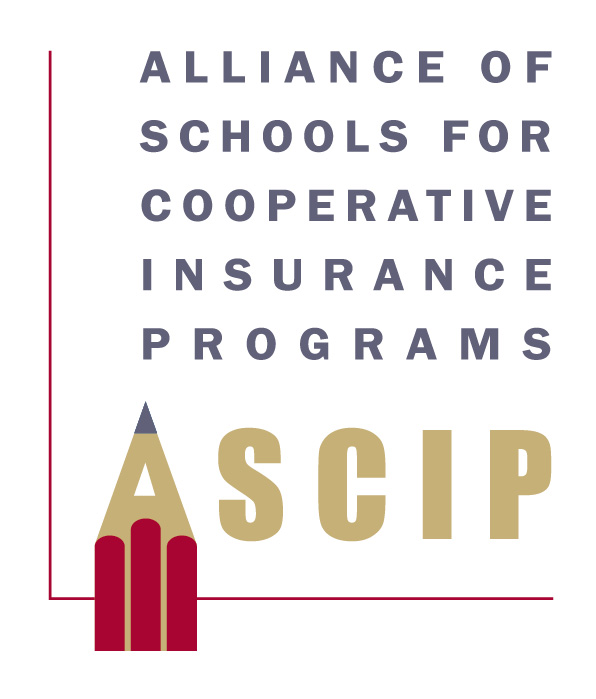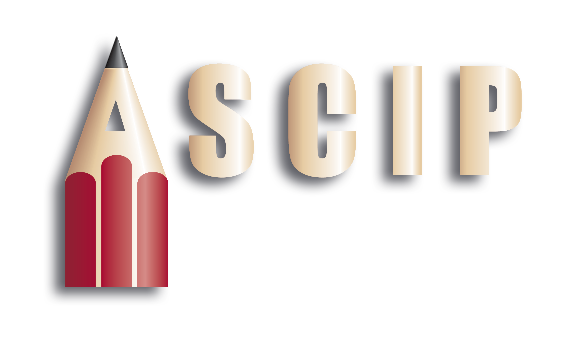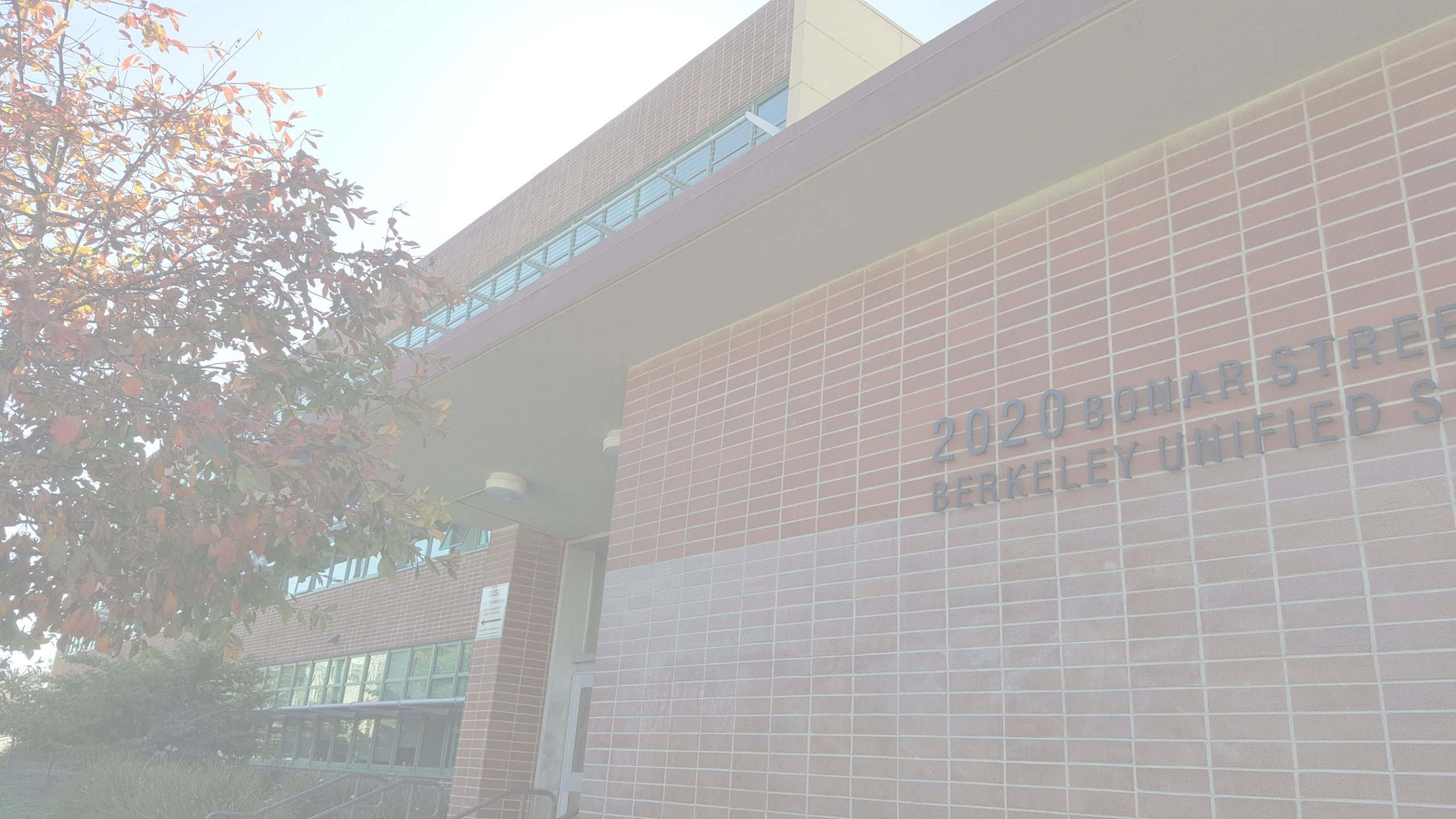
Parents send their children to school to learn and expect their students will be safe. But with news of teachers and staff sexually assaulting minors, trust in public education is eroding. It is more important than ever for school governance and administration to adopt clear boundary setting policies to protect both students and staff. Help ASCIP protect children – adopt Appropriate Staff–Student Interactions policies.

Below is an abridged article reprinted with permission from CSBA – California School News, July 2019.
The relationship between school staff and students is important to student learning. Research shows that students’ attitudes toward learning are likely influenced, positively or negatively, by their teacher. An analysis of 46 studies found an association between strong teacher–student relationships and higher student achievement, better school attendance, fewer disruptive behaviors/suspensions, and lower dropout rates.1
However, when school staff abuse their authority and undermine student safety and trust, the results are devastating. Accusations of unlawful sexual relationships or assaults continue to make headlines, eroding confidence in public schools and subjecting districts to costly liability.
Acts involving sexual assault or exploitation have serious consequences. Such acts fall within the legal definition of “child abuse” and must be referred to law enforcement by staff who are mandated reporters under the law. Sex offenses also serve as grounds for suspension or dismissal in which the employee must be placed on immediate compulsory leave of absence and, if the employee is certificated, the misconduct must be reported to the state Commission on Teacher Credentialing.
A student or former student who alleges sexual abuse by an employee may file a claim for recovery of damages at any time within eight years of turning age 18 or within three years of the date the person discovered or reasonably should have discovered that psychological injury or illness was caused by the sexual abuse, whichever is later. (Any member that is faced with an accusation of employee sexual misconduct should contact ASCIP immediately to mitigate costs and ensure proper handling and messaging.)
The line between appropriate and inappropriate conduct can seem unclear. A high school student wrote in an online article that she worries about teachers who “take advantage of the grey area between a casual student-teacher relationship and a romantic one. Teachers who simply flirt with their students present an entirely different kind of threat than do traditional child molesters. Namely, they threaten the emotional and mental stability of teenagers who already have a plethora of stressors in their lives.”2
Even well-meaning staff who desire to build positive relationships with students need to be cautious. It is important that staff avoid behaviors that have the appearance of impropriety. Examples include being alone with a student outside the view of others, visiting a student’s home, “friending” students on social media unless a site is dedicated to legitimate educational purposes, being overly friendly, and disclosing personal information to students.
Therefore, districts must establish board policies that set clear expectations for employee conduct, including expectations that all employees report any improper conduct that they observe or have knowledge of. Districts may tailor either ASCIP’s or CSBA’s new sample board policies BP 4119.24/4219.24/4319.24 – “Appropriate Adult-Student Interactions” to communicate the governing board’s intention regarding staff conduct as it relates to students. The CSBA version combines ASCIP’s two samples: one for employees only, and one for other adults who interact with minors, which outline distinctly different consequences.
Once policies are adopted, employees must be notified then trained on these board policies about expectations in regard to interactions with minors. Also, in accordance with the law, parents/guardians must be provided the district’s code of conduct dealing with staff–student interactions at the beginning of the school year. This must also be posted on each school and district website.
Sexual misconduct claims are only a small number of the claims reported, but they are now the greatest cost driver for California schools liability coverage representing nearly 50% of the claims cost and pose the greatest reputational decay for public schools. “The purpose of this policy discussion is not to inhibit caring relationships that help build students’ interest in learning and connectedness to the school,” said Diane Greene, CSBA senior policy manual consultant, “but rather to provide an effective, safe learning environment for students that includes trusting relationships with staff and prevent career-ending, life-altering mistakes by staff.” More abuse prevention resources are posted on www.ASCIP.org.
1 Sparks, S.D. (2019, March 12). Why Teacher-Student Relationships Matter: New Findings Shed Light on Best Approaches. Education Week. https://www.edweek.org/ew/articles/2019/03/13/why-teacher-student-relationships-matter.html
2 Gilbert-Lurie, M. (2012, June 19). Why Student-Teacher Relationships are Never OK. Huffpost. https://www.huffpost.com/entry/why-studentteacher-relati_b_1435275



